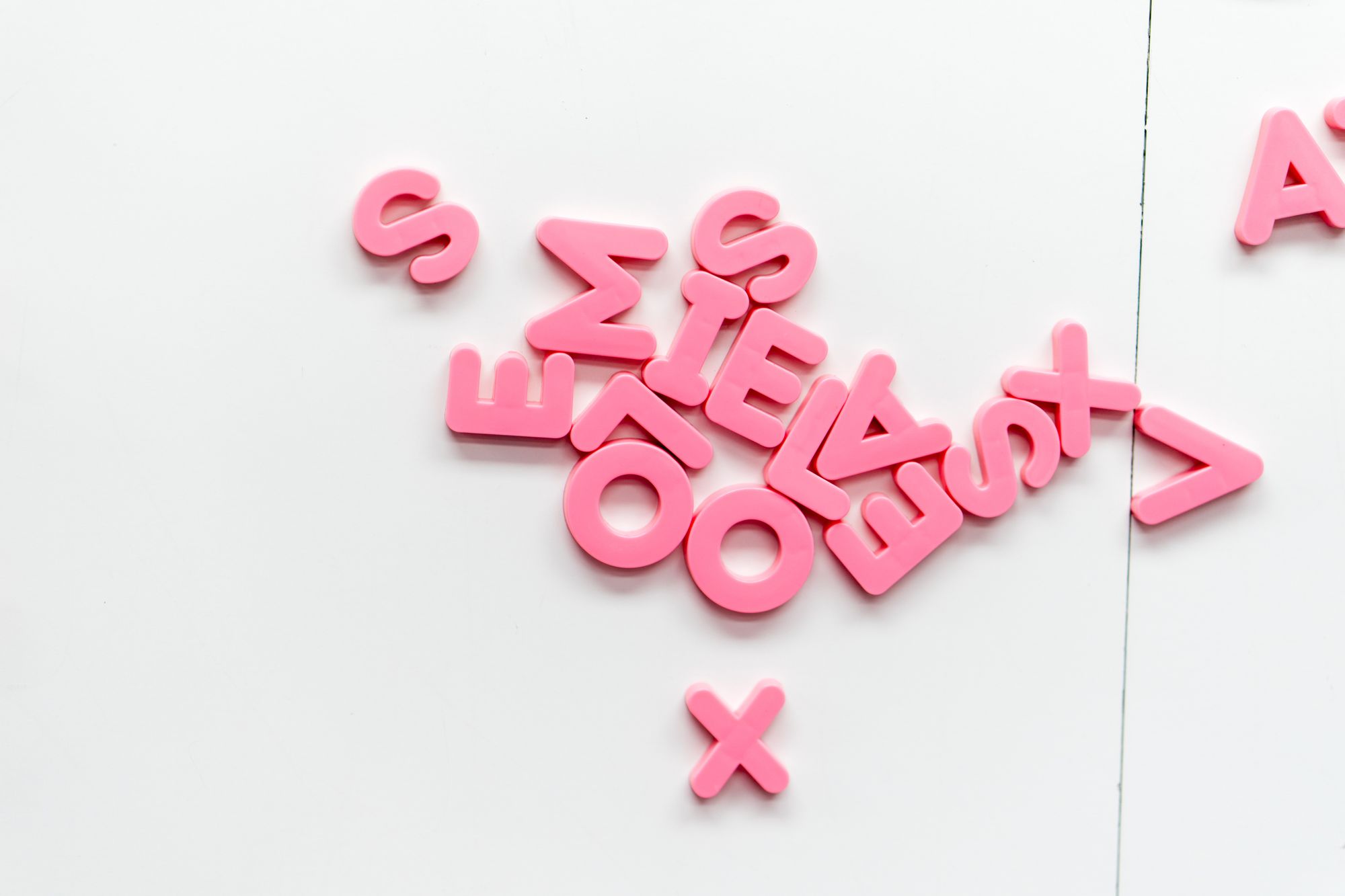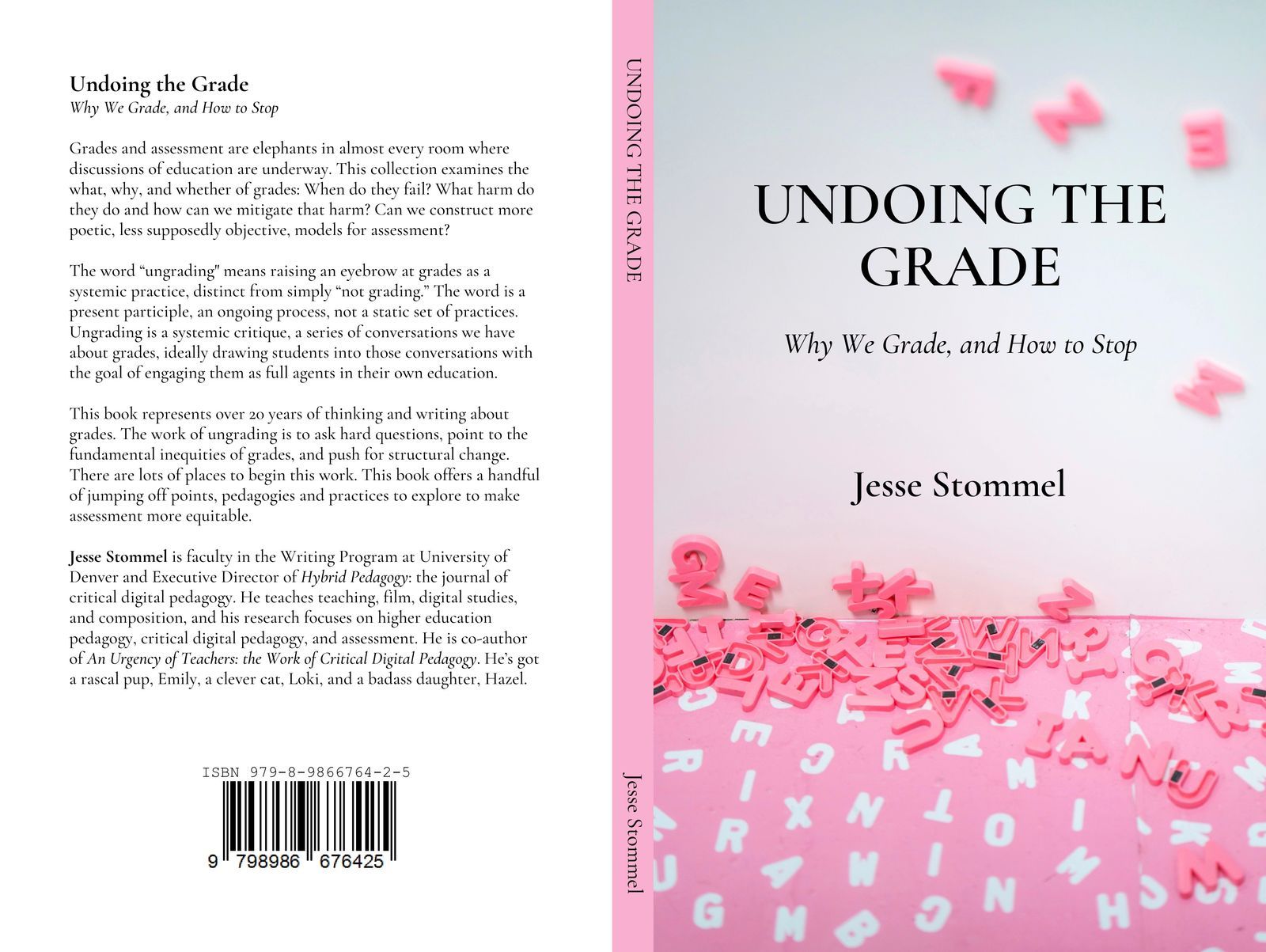Open Online Office Hours: Ungrading Edition
The work of ungrading is to ask hard questions, point to the fundamental inequities of grades, and push for structural change.
Who is assessment for? What's the difference between grading and feedback? Why do we grade? What would happen if we didn’t grade?
Throughout Fall of 2023, I will be hosting a special series of “Open Online Office Hours” about grades and assessment. I invite anyone, working at all levels of education, teaching in any discipline, from anywhere in the world, to join me. (Scroll to the bottom of this post to see the schedule and register now.) These will be generative conversations, shaped by participants, without predetermined outcomes. I write in my recent book, "As much as my work here is about grades, it has to be about so much more." While our conversations will take grades and assessment as a jumping off point, we'll go where we need to go, talk about what we need to talk about, ask whatever questions feel necessary.
The work of teaching is hard. And there is a need for community, teachers working together to overcome the hurdles and barriers we face.
The majority of teachers in higher education work in contingent, adjunct, or sessional positions, but increasingly the work of all teachers at all levels of education is not adequately supported and is structurally devalued.

While there are lots of structural challenges we have to overcome in our work as teachers, there are also practical ones. I don’t promise easy answers, but I will work with those who show up to find creative, compassionate solutions — and likely more questions. If you have a pedagogical concern, or even want to just listen, join me. If you just need community in what continues to be a difficult time, you are welcome.
Grades do harm. And marginalized students are the students most harmed by grades. Finding ways to reduce that harm, and to begin to dismantle grades as a system, is imperative if equity or justice is our goal.

To sign up, simply click the links below to register for each date you’d like to attend. Come to one session or all of them. When you register, you’ll receive an email with a link to join on the day/time you’ve selected. You can also join my new e-mail list for updates. I look forward to seeing you!
Open Online Office Hours: Ungrading Edition
Friday, September 8 at Noon Eastern <– click to register
Friday, October 13 at Noon Eastern <– click to register
Friday, November 10 at Noon Eastern <– click to register
While these sessions coincide with the release of my new book, Undoing the Grade: Why We Grade, and How to Stop, you certainly don't need to read the book in order to join. If you would like to read some or all of the book in advance, it's available now in paperback, Kindle, and open-access editions.




